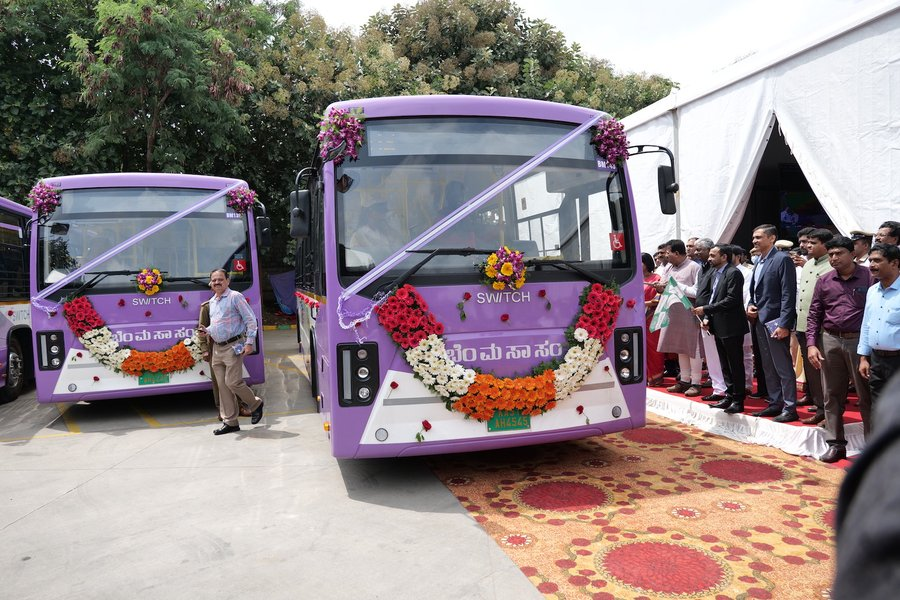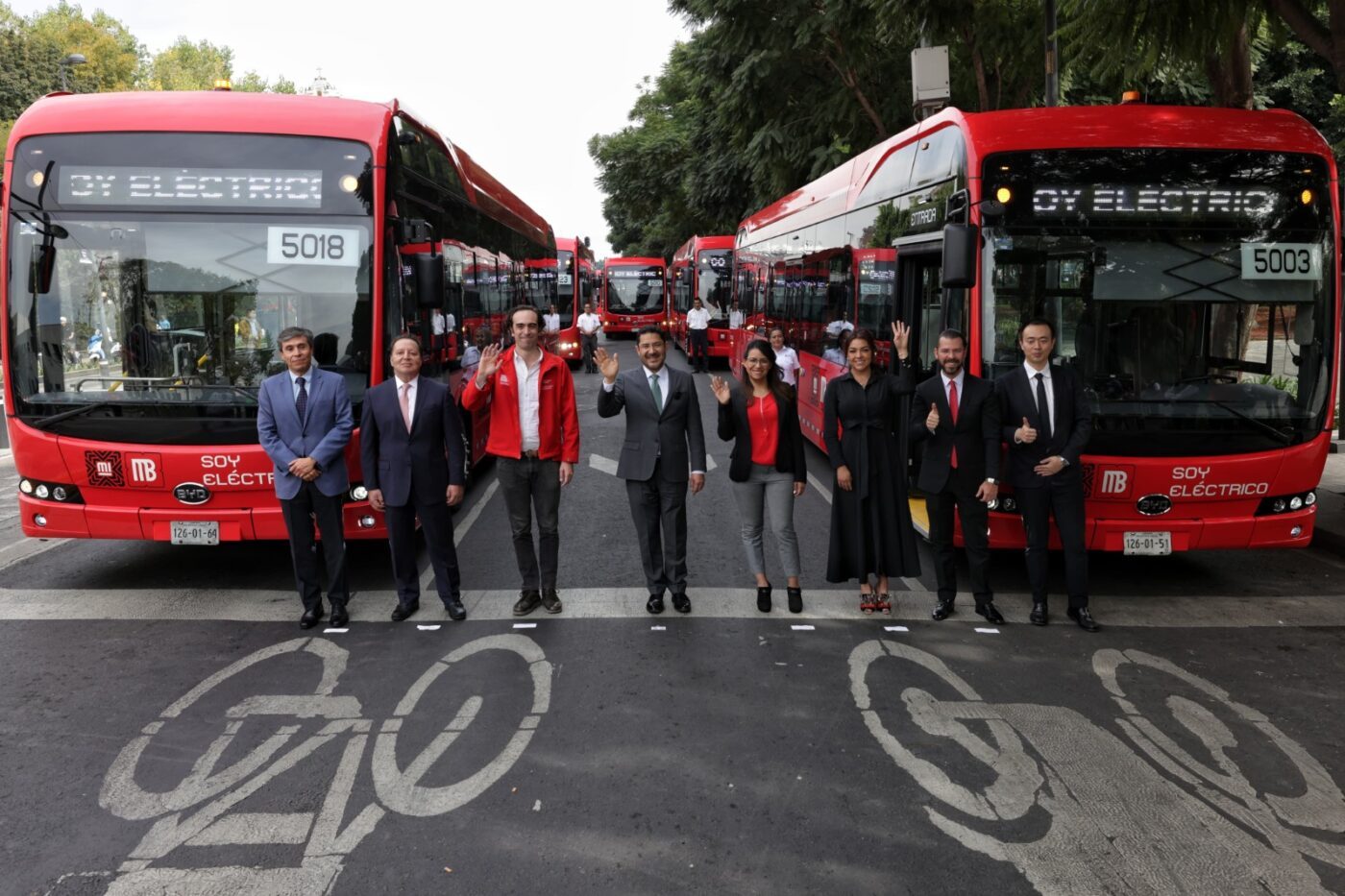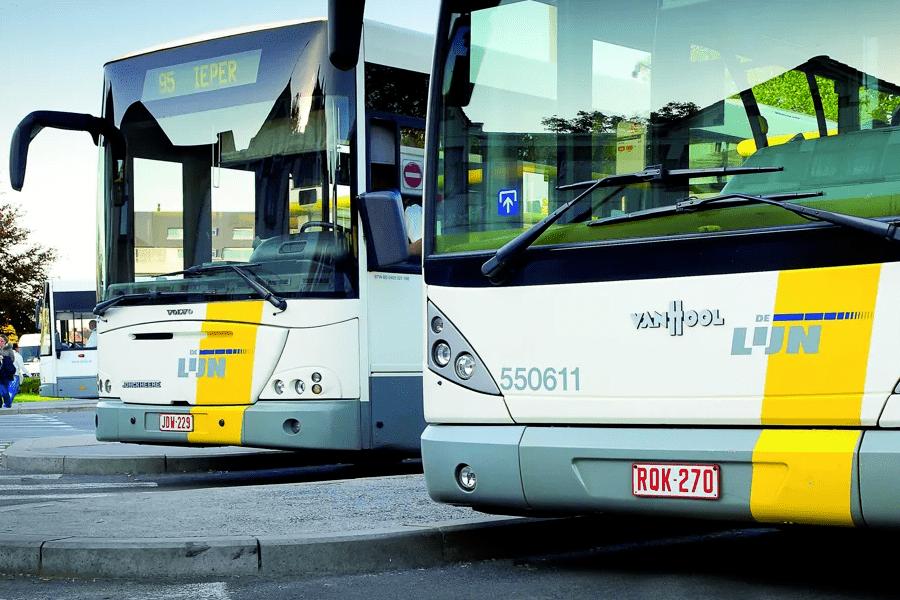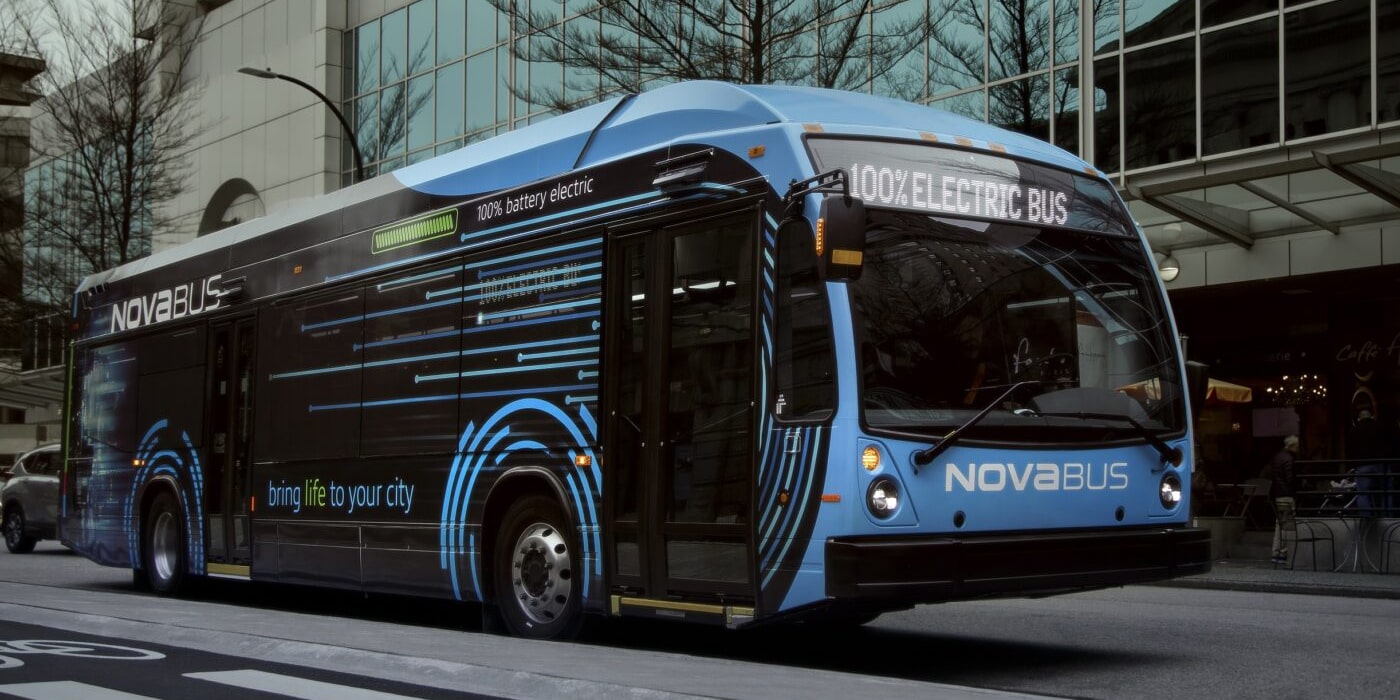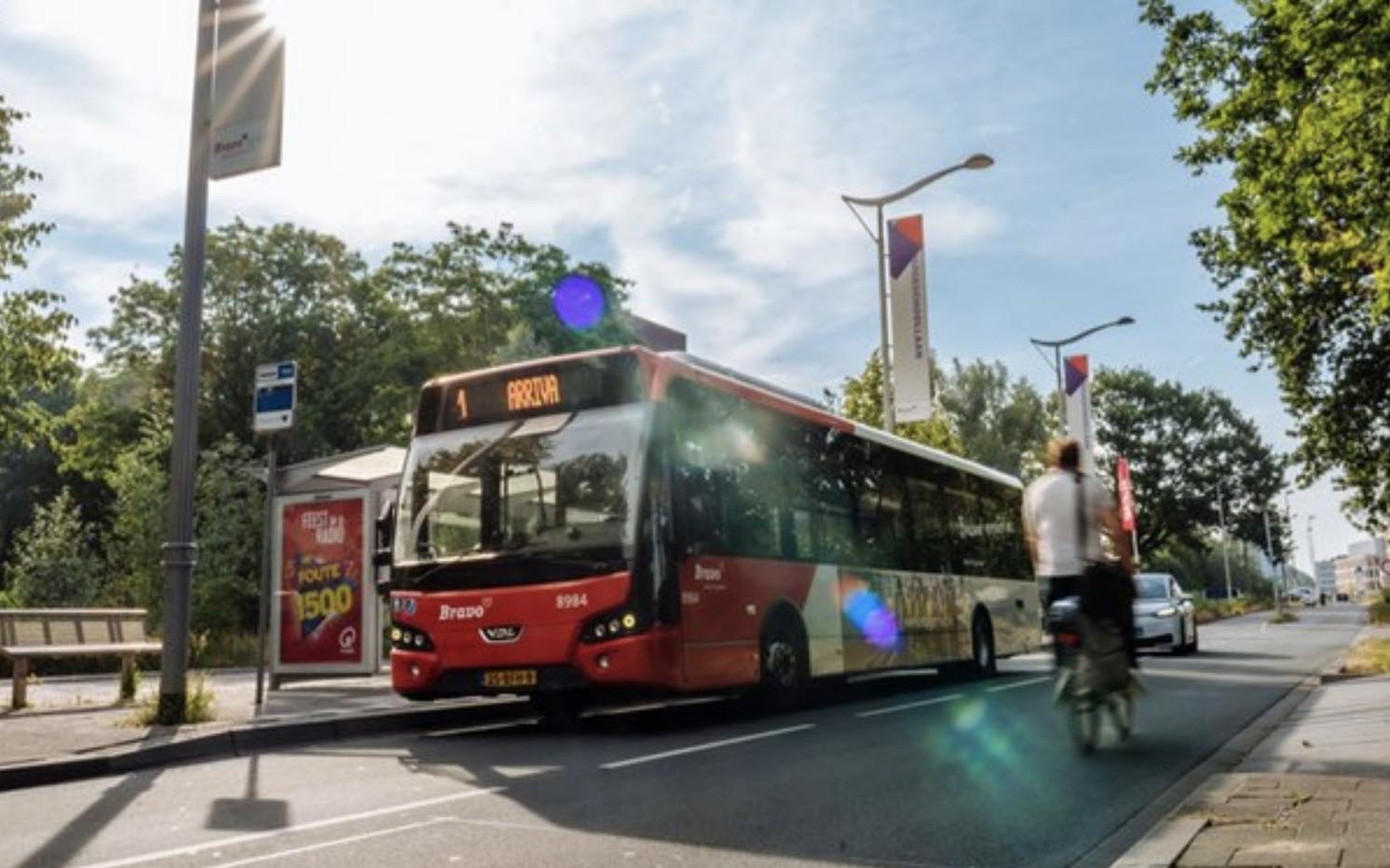India is reportedly strategizing the replacement of 800,000 diesel buses with electric counterparts within the next seven years, as revealed by high-ranking officials and detailed in a report by The Economic Times.
The proposed plan entails the deployment of 200,000 electric buses for state transport companies, 550,000 for private operators, and an additional 50,000 for school buses and shuttles, all slated for realization by 2030. The initiative may fall under the ‘Faster Adoption and Manufacturing Electric Vehicles’ (FAME) funding program, currently navigating its third round, pending official confirmation.
See also: India Launches Tenders for Thousands of Electric Buses in Major Cities
Sources involved in the planning process have emphasized that beyond addressing environmental concerns, the shift to electric buses is anticipated to foster an ecosystem conducive to electric vehicles. The strategy involves aggregating demand and converting it through large procurement tenders, aimed at reducing per-unit costs and facilitating distribution to existing transporters.
With approximately 2,300,000 buses currently in operation in India, of which 140,000 are managed by public transport authorities, the scale of the endeavor necessitates collaboration with financial institutions. According to Saurabh Kumar, Vice President of the Global Energy Alliance for People and Planet (GEAPP) in India, such an undertaking requires financial institutions to emulate their support for mass rapid transit systems (MRTS) development.
Government sources have expressed a preference for allocating resources to electrifying buses over incentivizing individual buyers of electric cars and two-wheelers, believing it will have a more significant social and environmental impact.
See also: Switch Mobility recieves order of 5,000 EiV12 electric buses to India
This initiative builds upon previous efforts in the electric bus sector, exemplified by the ‘PM-eBus Sewa’ scheme. The program, with a total worth of approximately 576 billion rupees (approximately 6.9 billion US dollars), aims to deploy 10,000 electric buses in 169 Indian cities over the next decade. This initiative operates as a public-private partnership, focusing not only on the vehicles but also on the necessary infrastructure, including charging technology.
At the regional level, Tata Motors has contributed to the electric bus transition in Delhi by delivering 1,300 electric buses through a government-led funding scheme.
The plan reflects India’s commitment to sustainable and eco-friendly transportation solutions, aligning with global efforts to mitigate the environmental impact of traditional fossil fuel-based transportation. The successful execution of such an ambitious project hinges on the cooperation of various stakeholders, including government bodies, financial institutions, and private enterprises.

